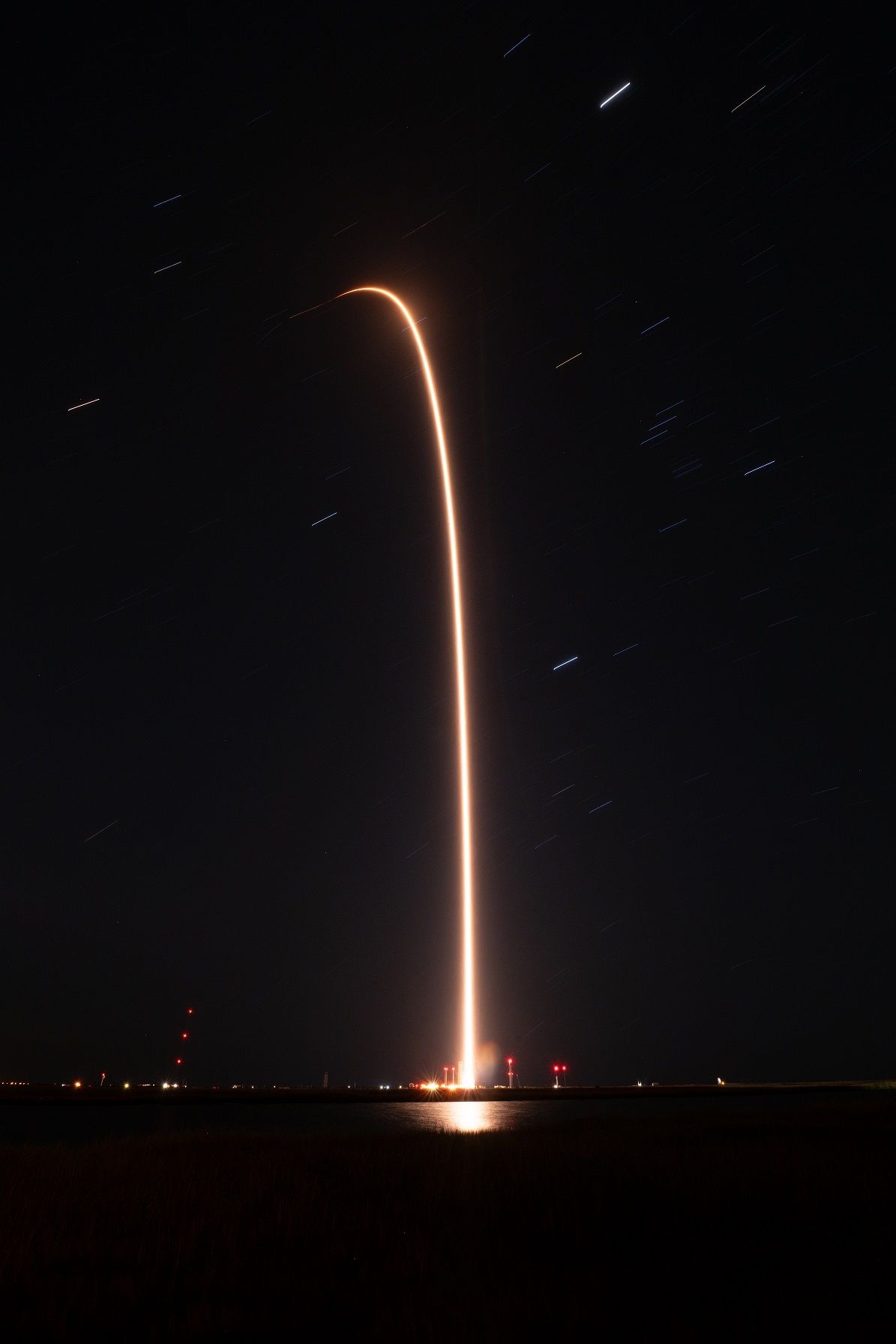- Marksman Research
- Posts
- Rocket Lab: Hypersonic Deep Dive
Rocket Lab: Hypersonic Deep Dive
The end-to-end space company gets up to speed with their hypersonic missions

Source: Rocket Lab
Overview
Last month, Rocket Lab launched a suborbital mission in November to test hypersonic technology for the U.S. Department of Defense. This showcased the space company’s technologies optimized for hypersonic technology tests with vastly increased payloads.
In addition, Rocket Lab also designed, manufactured, assembled, and integrated the experimental hypersonic instrumentation on a highly rapid timeline.
Hypersonic rocket launches allow a rocket to fly at speeds of over Mach 5, and are now used to test hypersonic technology for the military. These launches are particularly valuable for testing and validating hypersonic systems, such as missiles, glide vehicles, and advanced aircraft, which operate in extreme conditions of heat and aerodynamic pressure.
With their proven track record in launching small satellites and other payloads, Rocket Lab continues to show that their development of hypersonic platforms can match the stringent requirements of the military and boost the company’s defense and aerospace offerings.
Why Hypersonic is a Big Deal
Hypersonic technology represents a game-changing advancement in speed, maneuverability, and strategic capability. Operating at speeds of Mach 5 or higher, hypersonic systems can travel faster than conventional missiles or aircraft, which can reduce the time required to reach targets. This speed makes them nearly impossible to intercept using existing defense systems and are very valuable in modern warfare.
Beyond speed, hypersonic vehicles can maneuver mid-flight, unlike traditional ballistic missiles that follow set paths. This makes hypersonic systems crucial in global defense strategies.
Hypersonic technology will also drive more innovation in materials science, propulsion, and thermal management systems. These vehicles must withstand extreme heat and aerodynamic stress that will push the boundaries of engineering more.
For commercial applications, hypersonic advancements could transform transportation through ultra-fast travel that can possibly cut hours-long flights down to minutes. This technology is also expected to bring massive changes to satellite deployment and space exploration, like what Rocket Lab has been doing.
Rocket Lab’s Hypersonic Deal
Rocket Lab’s November 2024 suborbital mission featured hypersonic test launch capabilities under the Multi-Service Advanced Capability Hypersonics Test Bed (MACH-TB) project of the Department of Defense. Its goal is to raise the number of hypersonic flight testing for the country to raise the maturity of space technology.
The company launched the first HASTE mission in June 2023 for Leidos, and has slated four missions for 2024 and 2025.
The company’s Hypersonic Accelerator Suborbital Test Electron (HASTE) is a specialized program designed for hypersonic and suborbital testing. Using the Electron rocket, HASTE is Rocket Lab’s cost-effective, and responsive platform for testing hypersonic technologies, including advanced materials, propulsion systems, and reentry mechanisms, under realistic flight conditions. This allows quicker deployment and testing to meet the growing demand for hypersonic capabilities in defense and aerospace.
Because it is a slightly modified Electron, HASTE allows the company to take advantage of economies of scale. CEO Peter Beck, in a report, said:
“The more vehicles we put through the factory, the cheaper they get.”
Rocket Lab was also selected by Kratos Defense & Security Solutions this month or a $1.45 billion five-year OTA contract. According to their announcement, Rocket Lab will be one of the subcontractors that will provide systems engineering, assembly, integration, and test (AI&T), mission planning and execution, and launch services.
Two years prior, Rocket Lab announced that it will deploy a suborbital payload by Australian firm Hypersonix called DART AE. This is a scramjet-powered hypersonic vehicle that is capable of flying non-ballistic flight patterns at speeds of up to Mach 7.
Risks
Expanding into hypersonic testing requires huge investments in R&D, infrastructure, and talent. Mismanagement of these resources could strain Rocket Lab’s finances.
Other aerospace companies such as SpaceX are also pursuing hypersonic technologies. Rocket Lab may be at risk of being outpaced by competitors with greater resources or expertise.
In addition, hypersonic systems involve sensitive military technology, which are subject to strict U.S. government export regulations. Therefore, any compliance failure could lead to penalties or restricted operations, which could tarnish Rocket Lab’s reputation.
However, CEO Beck remains optimistic with HASTE since it’s one of their key growth areas. He said in a recent interview:
“So hypersonics in general has been sorely lacking within the US, and the test flight availability has been really, really low. So, to be able to bring a vehicle that you just have full freedom of trajectory and mission profile is a game changer. So, it’s super important to the electric product line. We’ve seen a lot of growth in that area. And in typical Rocket Lab fashion, we announced it in Flu 1. This is not some kind of long gestation period project. There’s quite a backlog there of those HASTE missions now. And like I say, I think everybody’s really excited because now there’s a new capability within the nation to do things that have never been done before, for one, but also at a cadence and a price that’s just like Christmas.”
Bottom Line
Hypersonic technology, traveling at Mach 5+ speeds, offers advantages in military applications, including faster, maneuverable missiles and aircraft. Rocket Lab's HASTE program offers cost-effective testing of advanced materials and propulsion systems. As they launch more missions and build their reputation in hypersonic technology as proven by the recent $1.45 billion contract with Kratos Defense, the company expects to add more contracts in the coming years.
Despite competition from larger companies like SpaceX, Rocket Lab's cost-effective approach and rapid testing capabilities will keep them competitive in hypersonic technology development.
Disclosure: At the time of this publication some members affiliated with Marksman Research own stock, options or other interest in RKLB.